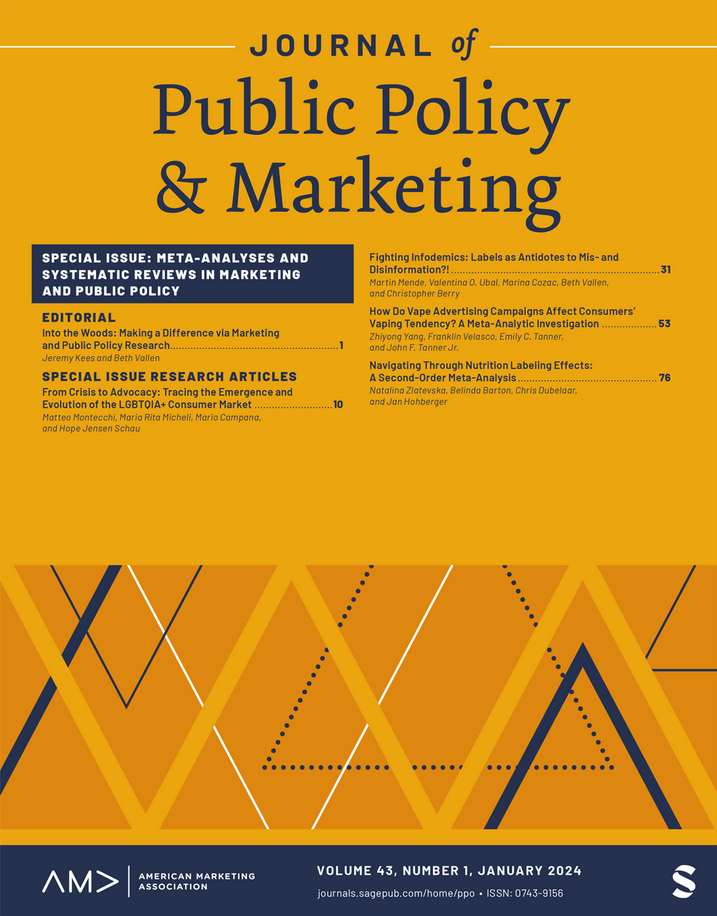Introduction to the Commentary Series: Inequalities and Divides as We Continue to Grapple with a Global Pandemic
IF 4.7
3区 管理学
Q1 BUSINESS
引用次数: 4
Abstract
In this editorial update, we provide perspective regarding what has transpired since these commentaries were written and published online in July 2020 (Scott et al. 2020). We remain in the midst of a pandemic that has rapidly and catastrophically spread worldwide. Indeed, as the COVID-19 pandemic rages on, it has underscored social inequalities and divides affecting the world. Though not comprehensive, here we highlight a selection of these pressing issues, which warrant additional critical examination. Namely, we discuss the racial inequalities, gender inequalities, and political divides that have been magnified during the COVID-19 pandemic. As of October 2020, there have been over 50 million COVID-19 infections and over 1.25 million deaths from the disease. More than 6,000 people continue to die each day, with more than 1,000 of those coming from the United States (https://www.statista.com/statistics/1104709/coronavirusdeaths-worldwide-per-million-inhabitants; Yan and Maxouris 2020). Public policy, marketing, and consumer psychology play a crucial role in how public health measures have been embraced or rejected. New terminology such as “COVID burnout” captures the exhaustion faced by individuals, organizations, and governments alike as they persist with steps to prevent the spread of the disease through mask wearing, social distancing, and hygiene practices as well as cope with the accompanying financial, social, and emotional costs (Blaschka 2020; Lufkin 2020). Governments face uncertainty in balancing, on the one hand, health priorities such as reducing the spread of disease to avoid the downstream impact of an overwhelmed healthcare system and, on the other hand, economic priorities such as minimizing bankruptcies among companies and individuals. Differing cultural norms and political infrastructures resulted in varied levels of stringency in governmental responses to COVID-19 in different parts of the world (e.g., containment measures taken, economic support provided, consistency of response; Hale et al. 2020). For example, South Korea, with 8.81 COVID-19 deaths per million, is identified as an exemplar of virus containment; in contrast, the United States and Brazil have struggled with containment, resulting in 679.06 and 744.26 deaths per million, respectively. These varied approaches have affected citizens’ perceptions of their country’s response; for instance, citizens of Australia, Denmark, and South Korea are satisfied with their country’s response, but citizens of the United States and the United Kingdom indicate that their countries have done a poor job (Devlin and Connaughton 2020). Individuals, communities, organizations, and governments have been coping with the impact and uncertainty of the COVID-19 pandemic, which has raged across the globe affecting nearly every aspect of life. Individuals face uncertainty about employment, financial stability, and food and housing availability; and the vulnerable—particularly those who lack financial resources, power, and/or advocacy—are disproportionately affected. For example, in the United States, individuals in nursing homes make up 40% of the COVID cases, laying bare the particular vulnerability of the elderly and the disabled (Alonso-Zaldivar 2020). Moreover, around the world, individuals in lower-power positions, such as ethnic and racial minorities and well as migrant workers, are disproportionately affected by COVID-19 and its associated policies (Jordan 2020; Quayyum and Kpodar 2020). Job loss, coupled with stay-at-home orders that keep children home from school, has shifted the way families function, and this has especially affected women. Large companies as well as small businesses评论系列导言:我们继续与全球流行病作斗争时的不平等和分歧
在这篇编辑更新中,我们提供了自这些评论于2020年7月撰写并在线发布以来发生的事情的观点(Scott et al. 2020)。我们仍然处于一场迅速和灾难性地在全世界蔓延的大流行病之中。事实上,随着COVID-19大流行的肆虐,它凸显了影响世界的社会不平等和分歧。虽然不全面,但在这里我们强调了这些紧迫问题的选择,这些问题值得进一步的批判性审查。也就是说,我们讨论了在COVID-19大流行期间被放大的种族不平等、性别不平等和政治分歧。截至2020年10月,COVID-19感染人数超过5000万,死亡人数超过125万。每天仍有6000多人死亡,其中1000多人来自美国(https://www.statista.com/statistics/1104709/coronavirusdeaths-worldwide-per-million-inhabitants;Yan和Maxouris 2020)。公共政策、市场营销和消费者心理在公共卫生措施被接受或拒绝的过程中起着至关重要的作用。“COVID - burnout”等新术语反映了个人、组织和政府在坚持采取措施,通过戴口罩、保持社交距离和卫生习惯来防止疾病传播,并应对随之而来的经济、社会和情感成本时所面临的疲惫(Blaschka 2020;Lufkin 2020)。政府在平衡两方面面临不确定性,一方面是卫生优先事项,如减少疾病传播以避免不堪重负的医疗保健系统的下游影响,另一方面是经济优先事项,如尽量减少公司和个人的破产。不同的文化规范和政治基础设施导致世界不同地区政府应对COVID-19的严格程度不同(例如,采取的遏制措施、提供的经济支持、应对措施的一致性;Hale et al. 2020)。例如,韩国每百万人中有8.81人死于COVID-19,被认为是遏制病毒的典范;相比之下,美国和巴西一直在努力控制,分别导致每百万人中有679.06人和744.26人死亡。这些不同的方法影响了公民对国家应对措施的看法;例如,澳大利亚、丹麦和韩国的公民对他们国家的反应感到满意,但美国和英国的公民表示他们的国家做得很差(Devlin和Connaughton 2020)。个人、社区、组织和政府一直在应对2019冠状病毒病大流行的影响和不确定性,疫情在全球肆虐,几乎影响到生活的方方面面。个人面临就业、金融稳定、食物和住房供应的不确定性;弱势群体——尤其是那些缺乏经济资源、权力和/或宣传的群体——受到的影响尤为严重。例如,在美国,疗养院中的个人占COVID病例的40%,这暴露了老年人和残疾人的特别脆弱性(Alonso-Zaldivar 2020)。此外,在世界各地,权力地位较低的个人,如少数民族和种族以及移徙工人,受到2019冠状病毒病及其相关政策的影响尤为严重(约旦,2020;Quayyum and Kpodar 2020)。失业,再加上让孩子们留在家里不上学,已经改变了家庭的运作方式,这对女性的影响尤其大。大公司和小企业一样
本文章由计算机程序翻译,如有差异,请以英文原文为准。
求助全文
约1分钟内获得全文
求助全文
来源期刊

Journal of Public Policy & Marketing
BUSINESS-
CiteScore
10.20
自引率
15.40%
发文量
29
期刊介绍:
Journal of Public Policy & Marketing welcomes manuscripts from diverse disciplines to offer a range of perspectives. We encourage submissions from individuals with varied backgrounds, such as marketing, communications, economics, consumer affairs, law, public policy, sociology, psychology, anthropology, or philosophy. The journal prioritizes well-documented, well-reasoned, balanced, and relevant manuscripts, regardless of the author's field of expertise.
 求助内容:
求助内容: 应助结果提醒方式:
应助结果提醒方式:


